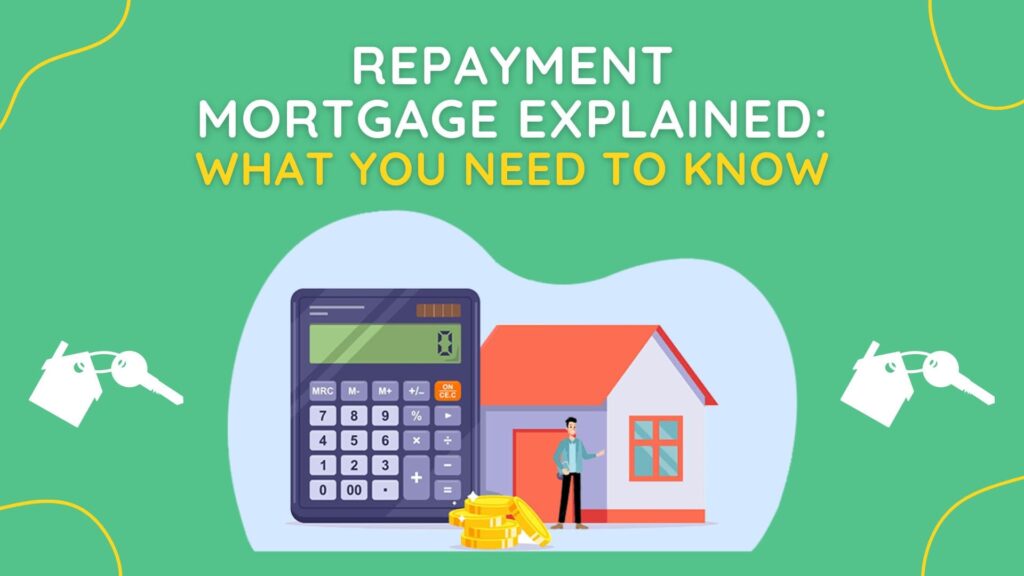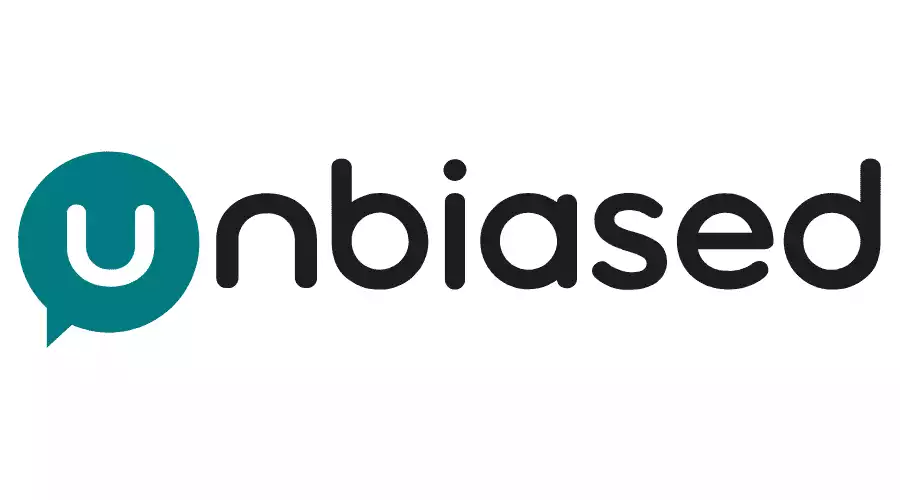
Sammie Ellard-King
I’m Sammie, a money expert and business owner passionate about helping you take control of your wallet. My mission with Up the Gains is to create a safe space to help improve your finances, cut your costs and make you feel good while doing it.
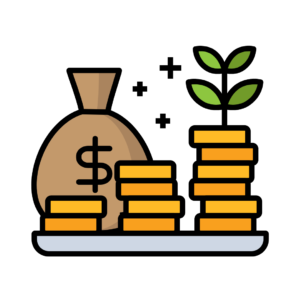
Quickfire Roundup:
A repayment mortgage is a loan that is used to buy your home.
The difference between repayment mortgages and interest-only mortgages is that, with the former, your monthly payments are made up of both capital and interest.
This means that when your mortgage ends, you can be sure that you’ve repaid the full loan and that the house is 100% yours.
When it comes to buying a house, you have a choice when it comes to the type of mortgage.
When looking at the question, “What does a repayment mortgage mean?” you need to understand the repayments that you make through the mortgage term, and what they mean when you reach the end of the mortgage term.
Having personally had a repayment mortgage as well as an interest only mortgage too, I have first-hand experiences with the pros and cons of each of these.
As you read on, I’m going to be sharing all that you need to know about a capital repayment mortgage, so that you can decide if this is the right option for you.
Match with a mortgage advisor that suits your unique financial goals, and when you do, Unbiased donates to the Samaritans.
Table of Contents
What does a repayment mortgage mean?
When you approach mortgage lenders to borrow funds to buy a house, the loan amount you owe is referred to as the capital.

With repayment mortgages, there are two elements that make up your monthly payments:
- The capital – part of your monthly repayments go towards bringing down the capital borrowed
- The interest – part of your monthly payments are also used to cover the interest that is charged on the loan amount
To understand how a repayment mortgage works, as you pay your mortgage every month, you’re chipping away at the actual amount borrowed, as well as staying on top of the interest.
This means that, at the end of the agreed period, you’ll have repaid the full loan amount, and your home will be mortgage free.
Repayment mortgages are by far the most popular mortgage type in the UK when buying a house that will be a home. An interest only mortgage is more likely to be used for buy-to-let properties.
How does an interest only mortgage compare to a capital repayment mortgage?
With an interest only mortgage, for the entire term, you’re only making monthly mortgage payments that cover the interest charges. This can lead to people enjoying smaller monthly repayments throughout the term.
However, when you reach the end of the term, you’ll have paid just the interest but none of the capital. While the lower monthly payments may have been convenient, there needs to be a plan to pay the lender back the original loan amount.
If house prices fall, there is a risk of negative equity when even selling the house wouldn’t cover what you owe.
A repayment mortgage will usually attract higher monthly payments, but by the end of the mortgage term, you know that the entire loan will be cleared.
One thing to note that you can be on an interest only mortgage and switch to a repayment one. Something to bare in mind.
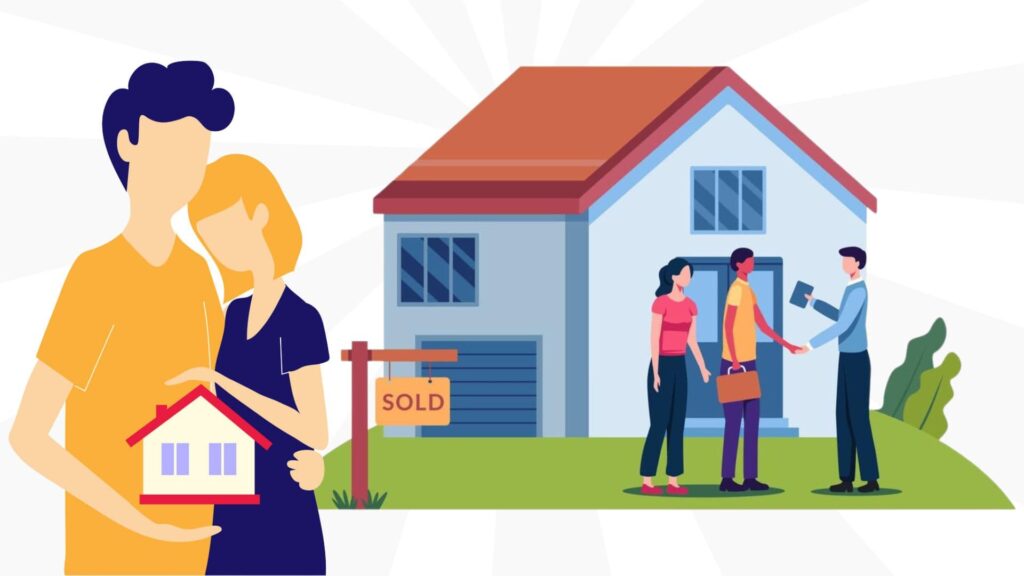
The early years of payments are weighted so that more goes to cover the interest charged, with only a small amount going to repay the capital.
Many borrowers can find it a little depressing to see mortgage statement after mortgage statement where the initial amount borrowed seems to be about the same as it was at the start. The good news is that this changes over time.
As time passes, more of your monthly repayments will start to eat away at the mortgage debt. This means that when the end of the mortgage term comes, you’ll have repaid the capital amount as well as having covered the interest.
The house is then 100% yours. It’s also possible to look at switching mortgages through the term. If you can find a deal with a better interest rate, you can start to chip away at the capital even faster, and you’ll soon see the amount you owe decreases.
Boon Brokers are one of the UKs leading online mortgage brokers. They have a 5-star excellent Trustpilot rating with over 543 reviews.
- No mortgage fees
- Whole of market access
- Free online consultations
- Directly authorised by the FCA
- No in person meet ups
How are monthly payments calculated for repayment mortgages?
The way that a repayment mortgage works means that it’s easy to work out your monthly repayments. On a basic level, all that you need to do is look at the amount you’re borrowing and the interest that’s going to be charged.
You divide the amount by the number of months that the mortgage term will run for. With that in mind, you can bring down your mortgage repayments by finding a great deal with a competitive interest rate and by putting down a larger deposit.
The more you borrow, the more interest you pay so you can potentially save yourself a great deal of money by putting down as much as possible.
If you want a clearer idea of what a repayment mortgage would cost you each month, you can use our very own online mortgage calculator.
If you want to get a better insight into how low you can get your payments, it’s worth spending time with a mortgage broker.
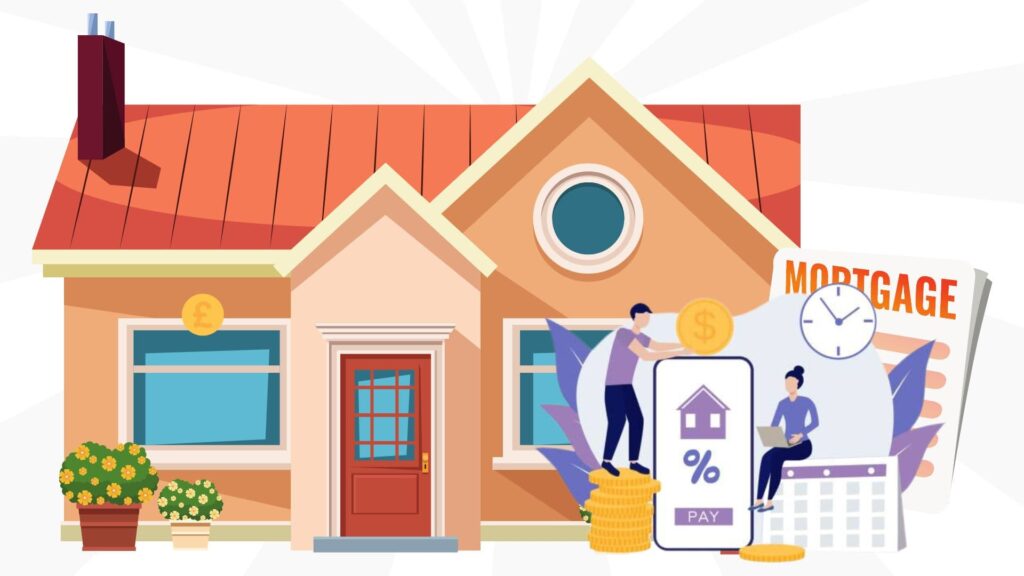
A look at the different types of repayment mortgages
There are numerous kinds of repayment mortgages and these all work a little differently when it comes to the interest that you’ll pay.
Here’s a look at the most common of these:
Fixed interest rate mortgages
If you have a fixed rate repayment mortgage, you get just what the name suggests: the interest rate is fixed for a set period of time. This can make it easier to budget for your monthly payments.
Tracker mortgages
With this type of mortgage, the interest rate tracks the base rate, as set by the Bank of England, with a set percentage on top.
Discount mortgages
You pay interest at the rate of the mortgage lender’s standard rate, minus a set percentage.
Variable rate mortgage
Also referred to as a standard variable rate mortgage, you end up paying interest at your lender’s standard rate. The interest charged will react to any changes made to the base rate.
Offset mortgages
This type of mortgage sees the interest charged being based on the capital borrowed minus the funds that you hold in your savings account.
All of these mortgages will see you making capital repayment and interest payments too. Mortgage advisers are worth spending time with as they can suggest the mortgage product that best suits your circumstances.
How is a repayment mortgage regulated in the UK?
Two bodies come into play when it comes to repayment mortgage regulation. These are the Financial Conduct Authority (FCA) and the Prudential Regulation Authority.
In essence, the FCA is there to ensure that you’re treated fairly and that you’re not forced into any type of mortgage deal that’s not right for you.
The FCA monitors mortgage lenders and a mortgage broker will also be listed with, and regulated by the same body.
The Prudential Regulation Authority is there to ensure that a mortgage lender holds enough capital of its own.
This is to make sure that there are controls in place to minimise risks posed by people being unable to meet their monthly payment.
Boon Brokers are one of the UKs leading online mortgage brokers. They have a 5-star excellent Trustpilot rating with over 543 reviews.
- No mortgage fees
- Whole of market access
- Free online consultations
- Directly authorised by the FCA
- No in person meet ups
FAQs
What is the key advantage of a repayment mortgage?
The key advantage of a repayment mortgage is that it provides a clear path to homeownership. With every monthly payment, you’re gradually reducing the outstanding loan amount (the capital) along with the interest.
By the end of the mortgage term, you will have completely paid off your mortgage and own your home outright.
This contrasts with interest-only mortgages, where you only pay the interest each month and need to repay the loan amount separately. Repayment mortgages offer more certainty and less risk than interest-only mortgages.
What happens at the end of a repayment mortgage?
At the end of a repayment mortgage, you become the outright owner of your property, having fully repaid both the capital (the original amount borrowed) and the interest to the lender.
There will be no more monthly mortgage payments to make, and the lender will remove its charge against the property. This means you now own your home free and clear.
For many, reaching the end of their mortgage term represents significant financial relief and a substantial achievement.
What is the disadvantage of repayment mortgage?
The main disadvantage of a repayment mortgage is that the monthly payments are typically higher compared to interest-only mortgages.
This is because you’re paying off both the capital (the amount borrowed) and the interest together.
It can therefore be more financially challenging in the short term, especially for first-time buyers or those on a tight budget.
Additionally, because you start by paying off more interest than capital, the decrease in the loan balance can seem slow in the early years of the mortgage.
Is a repayment mortgage cheaper than interest only?
In the short term, monthly payments on a repayment mortgage are typically higher than on an interest-only mortgage, because you’re paying off both the loan capital and the interest.
However, in the long term, a repayment mortgage can be considered cheaper because you’re gradually paying down the loan, reducing the amount of interest over time.
With an interest-only mortgage, you only pay the interest each month, and the loan amount (capital) remains the same.
You’ll need to repay this in full at the end of the mortgage term, which can be a significant cost if you don’t have a repayment plan in place.
Therefore, while interest-only mortgages may seem cheaper month-to-month, repayment mortgages often work out cheaper overall.
Final thoughts on capital repayment mortgages
When buying a house to live in, you’re far more likely to have a capital repayment mortgage than you are an interest only mortgage.
That’s because interest only mortgages come with greater risk. Without a solid savings plan, or other solution in place to generate a lump sum, there is no way of clearing the actual amount that was borrowed.
With a repayment mortgage, you’re paying interest as well as clearing the capital.
At the end of the term, you don’t have to worry about finding enough money to clear any debt: assuming you’ve met the monthly payment throughout, the house is then mortgage free and completely yours.
Share on social media
Disclaimer: Content on this page is for informational purposes and does not constitute financial advice. Always do your own research before making a financially related decision.

